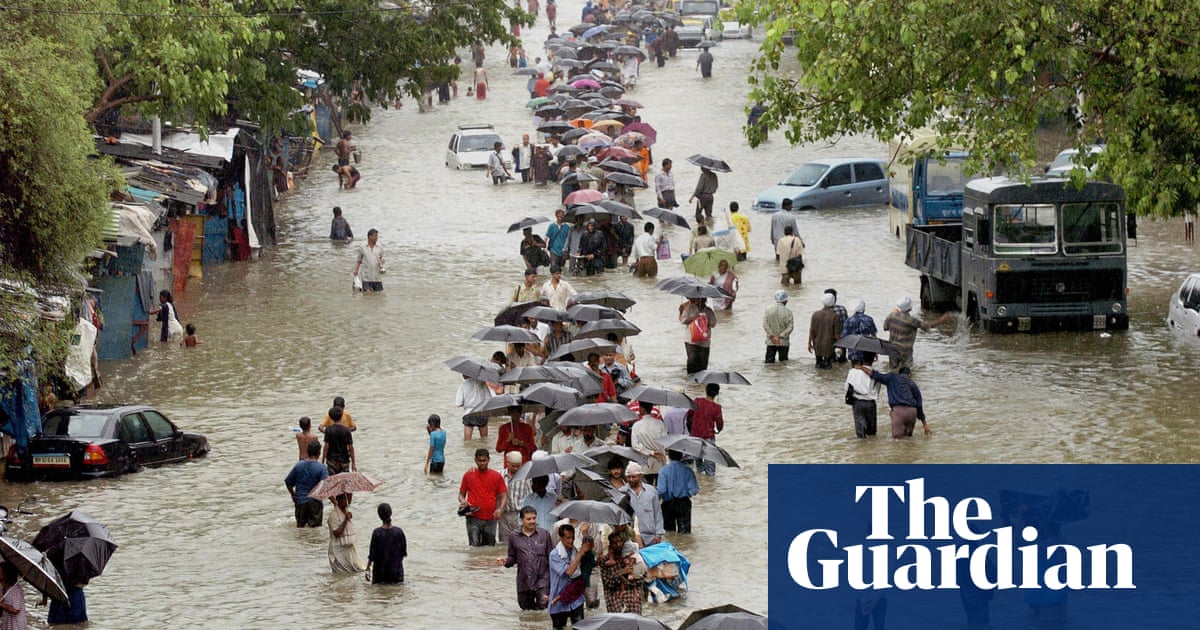
UNICEF will distribute 250,000 “GPS-enabled bracelets” so that unaccompanied children can be located and identified instantly.
UNICEF has appealed for a $10 million fund to provide emergency health care and other assistance to the Rohingya refugees during the monsoons.
DHAKA: More than 100,000 Rohingya refugees face life-threatening risks from floods and landslides as the monsoon season approaches, UNICEF has warned.
The refugees are housed in camps at Cox’s Bazar, on Bangladesh’s southeast coast, and include 55,000 children, the UN agency’s spokesperson, Christophe Boulierac, said on Tuesday.
Bangladesh last month relocated 15,000 Rohingyas who were most vulnerable to flood and landslide to a new 800-acre site.
“We are working very hard to relocate more refugees before the monsoon starts,” Refugee Relief and Repatriation Commissioner Abul Kalam told Arab News.
“We are trying to relocate as many as possible during May and June,” said Kalam. “We are taking the UN alerts seriously.”
UNICEF has appealed for a $10 million fund to provide emergency health care and other assistance to the Rohingya refugees during the monsoons. The agency has been able to muster only $5.9 million so far.
“We are communicating with donors and aid agencies to come up with funds,” Shakil Foijullah, UNICEF’s Bangladesh spokesperson, said.
“Since we are talking about the lives of children, I believe the donors will be generous with their pledges and we’ll get the fund shortly.”
The monsoon rains leave children at risk of being cut off from lifesaving medical services.
UNICEF will distribute 250,000 “GPS-enabled bracelets” so that unaccompanied children can be located and identified instantly.
The UN agency, the World Health Organization and the Bangladesh government have started a vaccination program among refugees in preparation for the monsoons, which increase the risk of illness.
About 1,000 local staff will work on the program, Foijullah said.
UNICEF is also building five extra treatment centers in the refugee camps. All the centers will be operating by the end of May.
A recent mapping of 7,727 tube wells — the camps’ major water source — showed that almost half were at risk of being affected by floods and landslides.
The agency is planning emergency water and sanitation supplies and will boost its stocks of hygiene kits, as well as building latrines.












